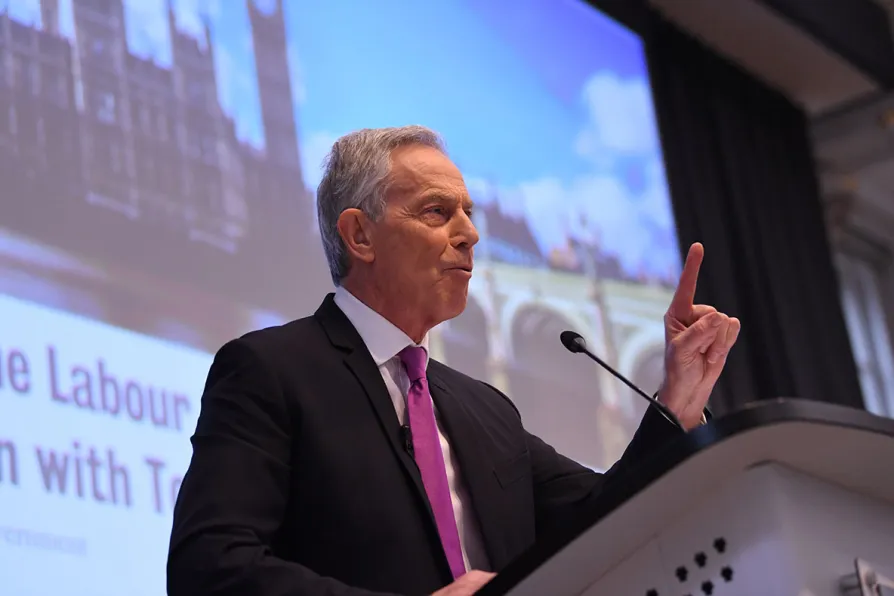NICK TROY lauds the young staff at a hotel chain and cinema giant who are ready to take on the bosses for their rights


IT WAS the 120th anniversary of the foundation of the Labour Representation Committee (LRC) at the end of February. In 1900 delegates from trade unions and left-wing parties met on February 26 and 27 in the Memorial Hall in Farringdon Street.
The building has long since been replaced by an office block — but a plaque remains. Former Labour leader Tony Blair used the occasion to make a speech, partly about labour history and mostly about where he thinks “progressive” or centre-left opinion should go in the next 10 years.
“Who cares what Blair thinks?” is surely the reaction of most socialists.

While Hardie, MacDonald and Wilson faced down war pressure from their own Establishment, today’s leadership appears to have forgotten that opposing imperial adventures has historically defined Labour’s moral authority, writes KEITH FLETT













